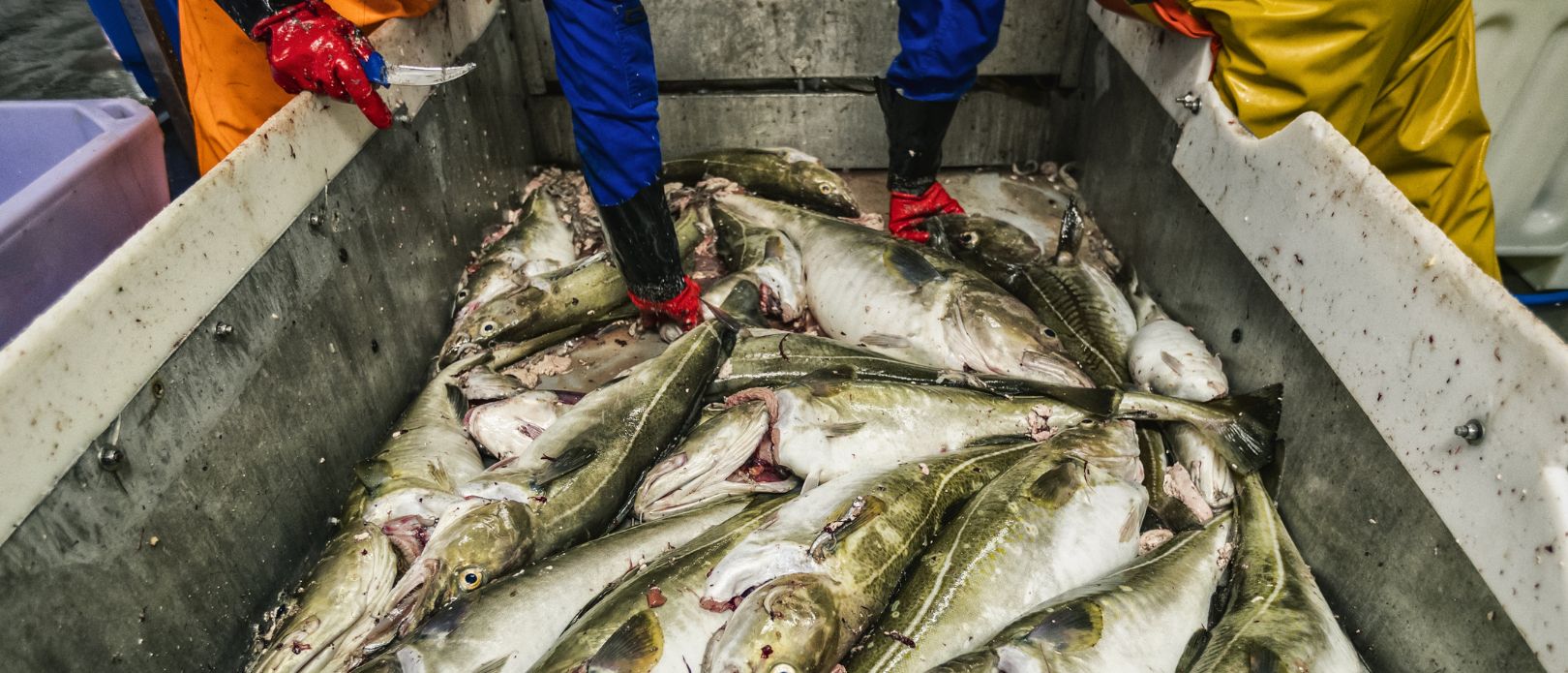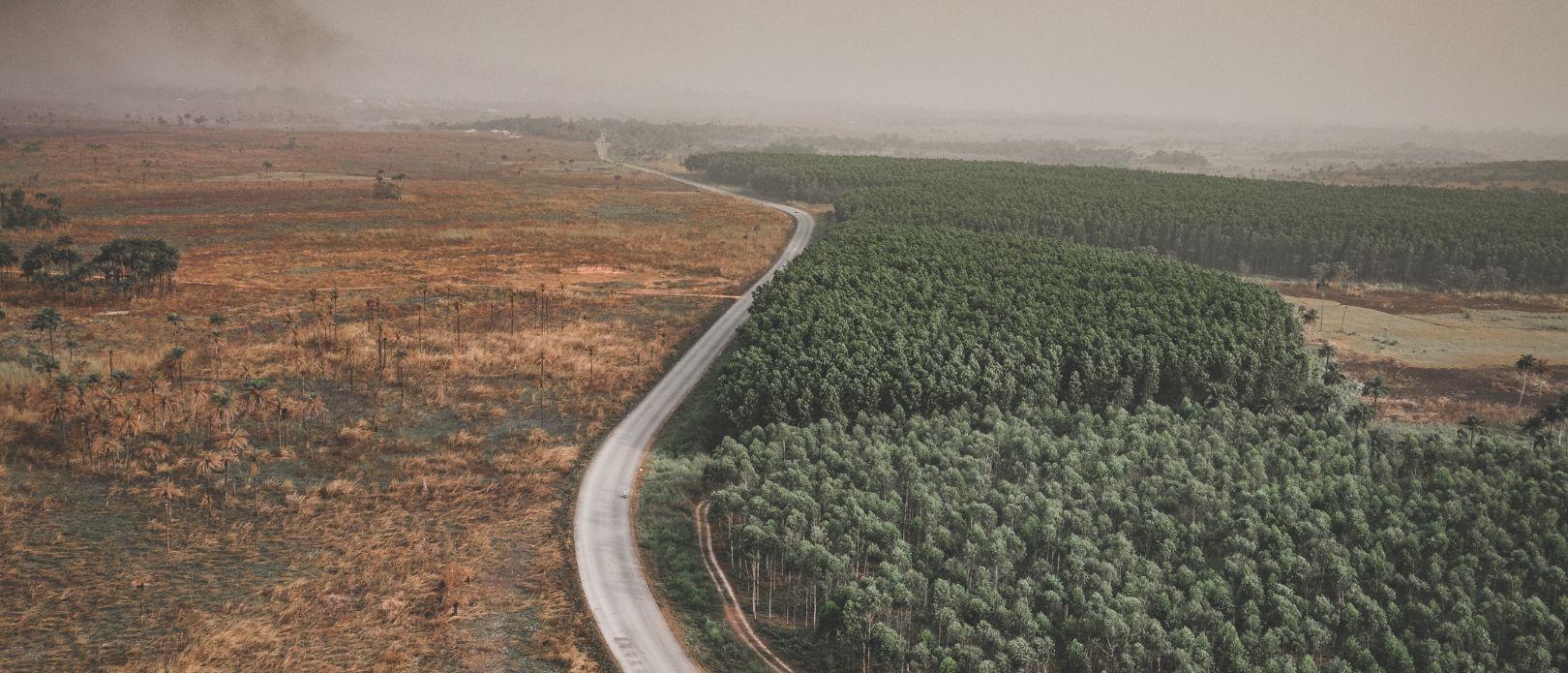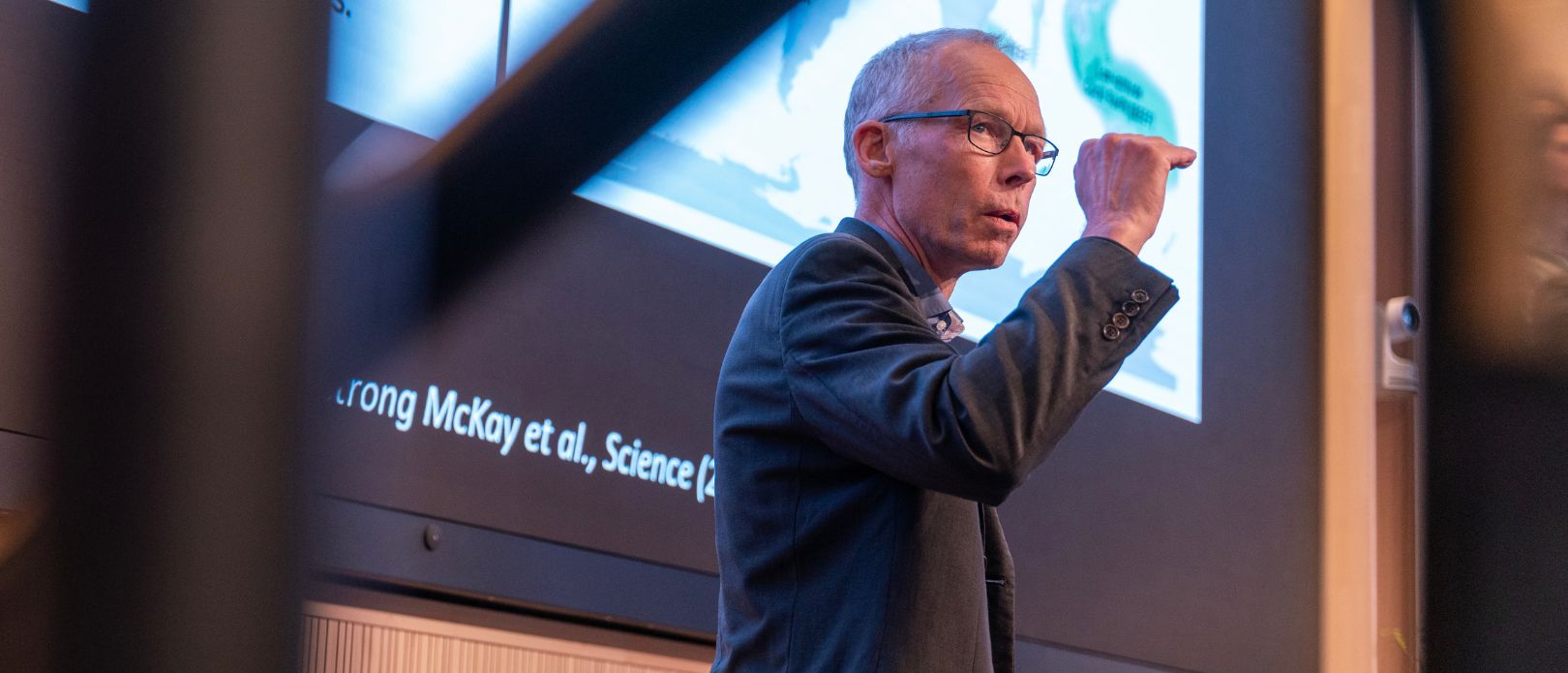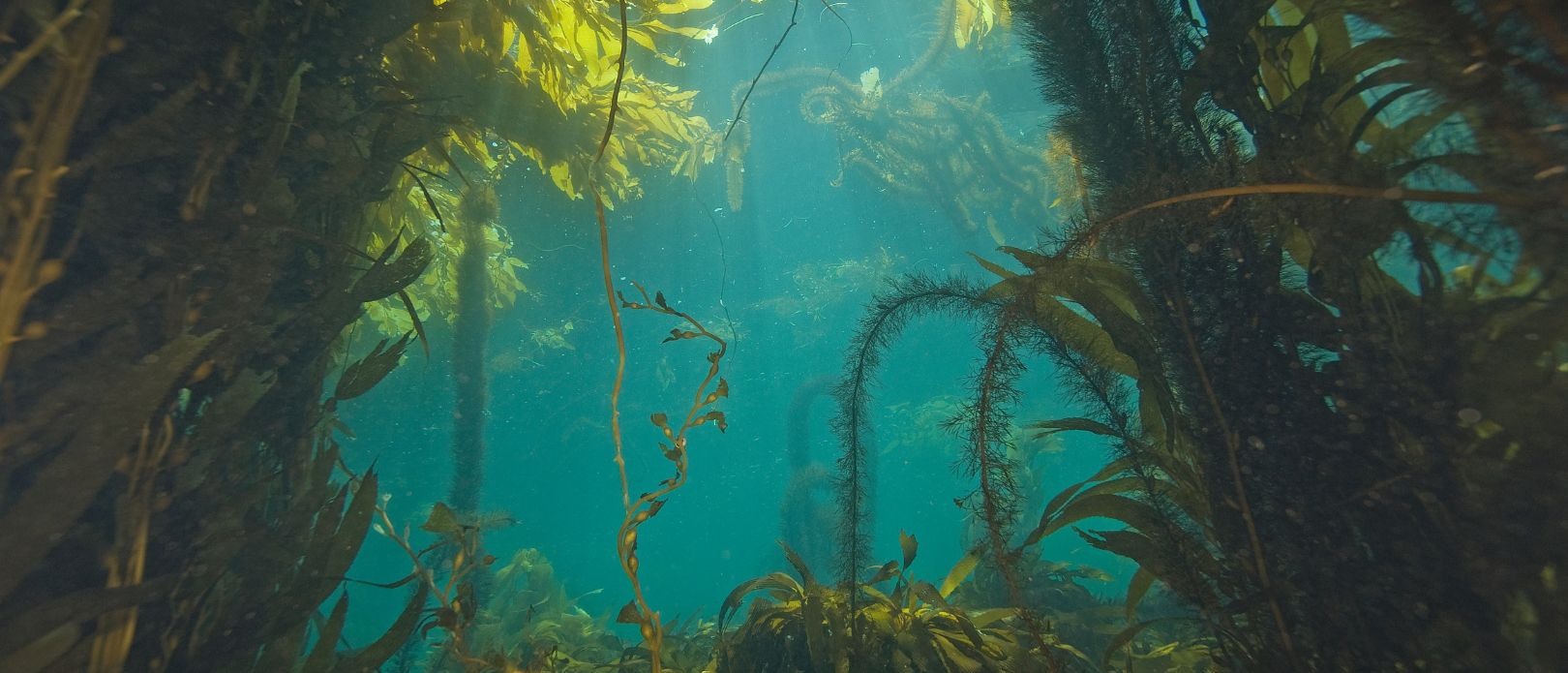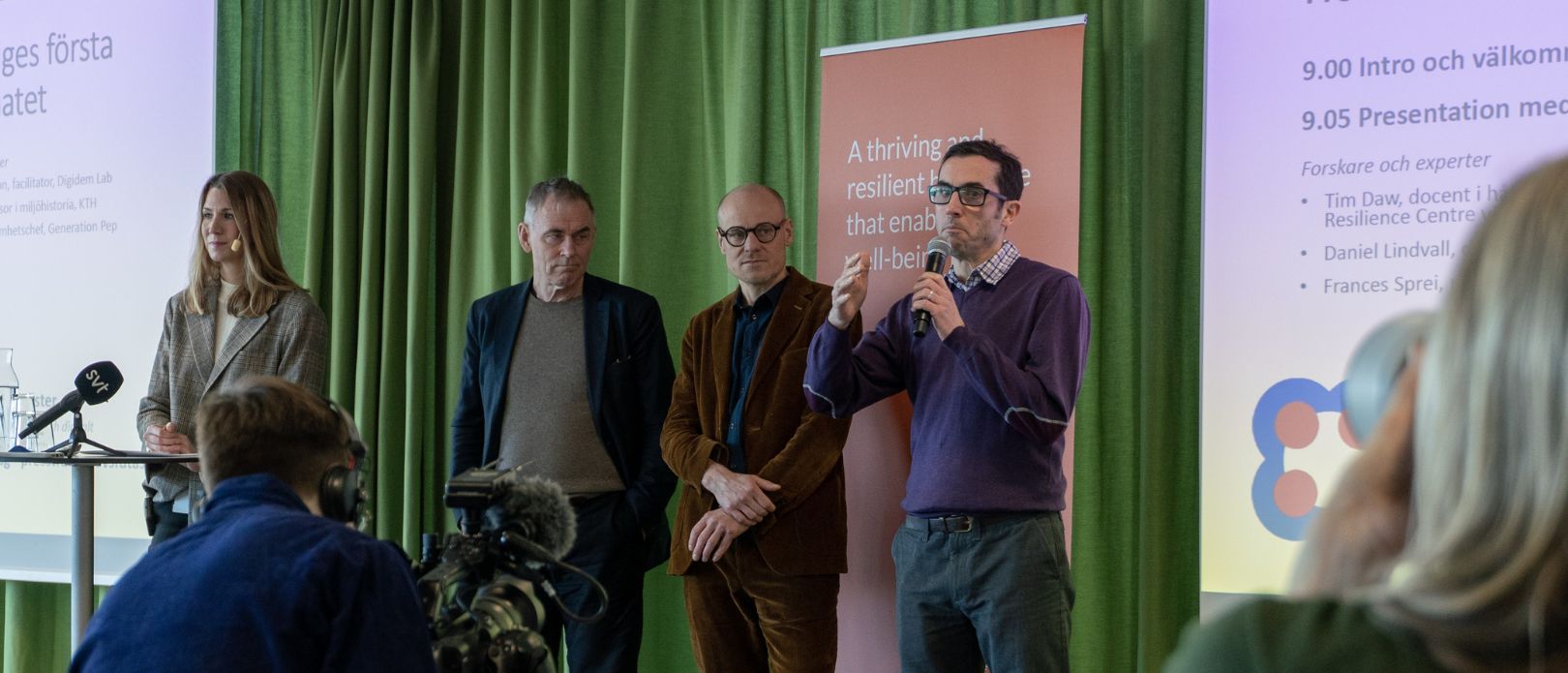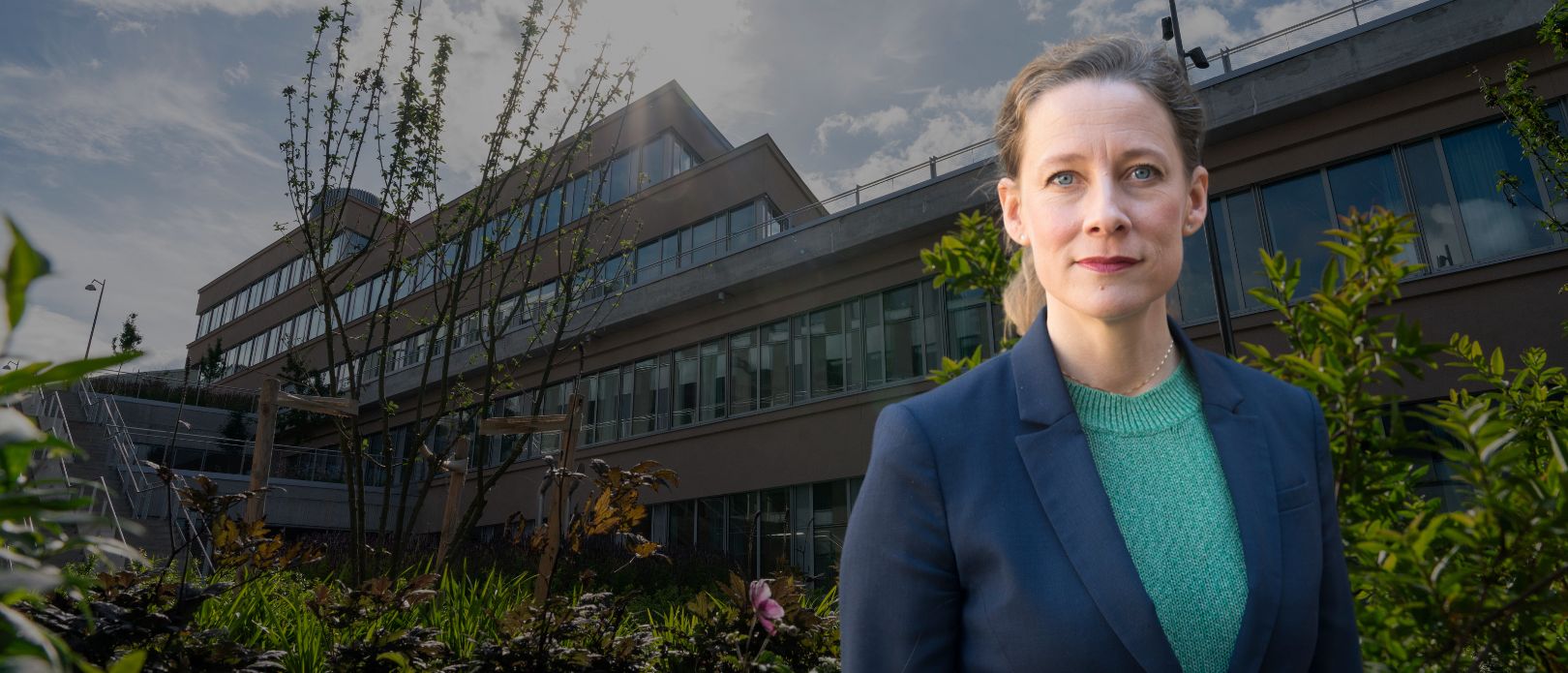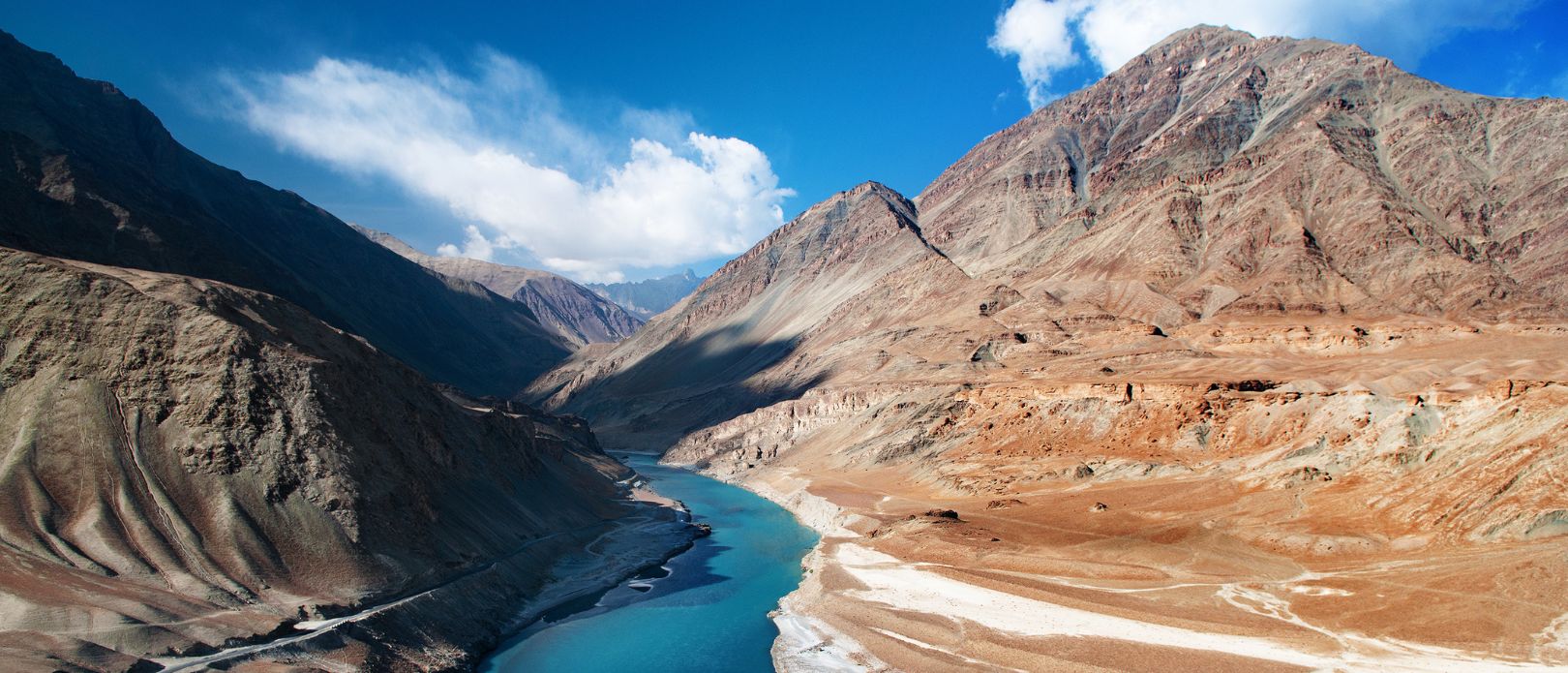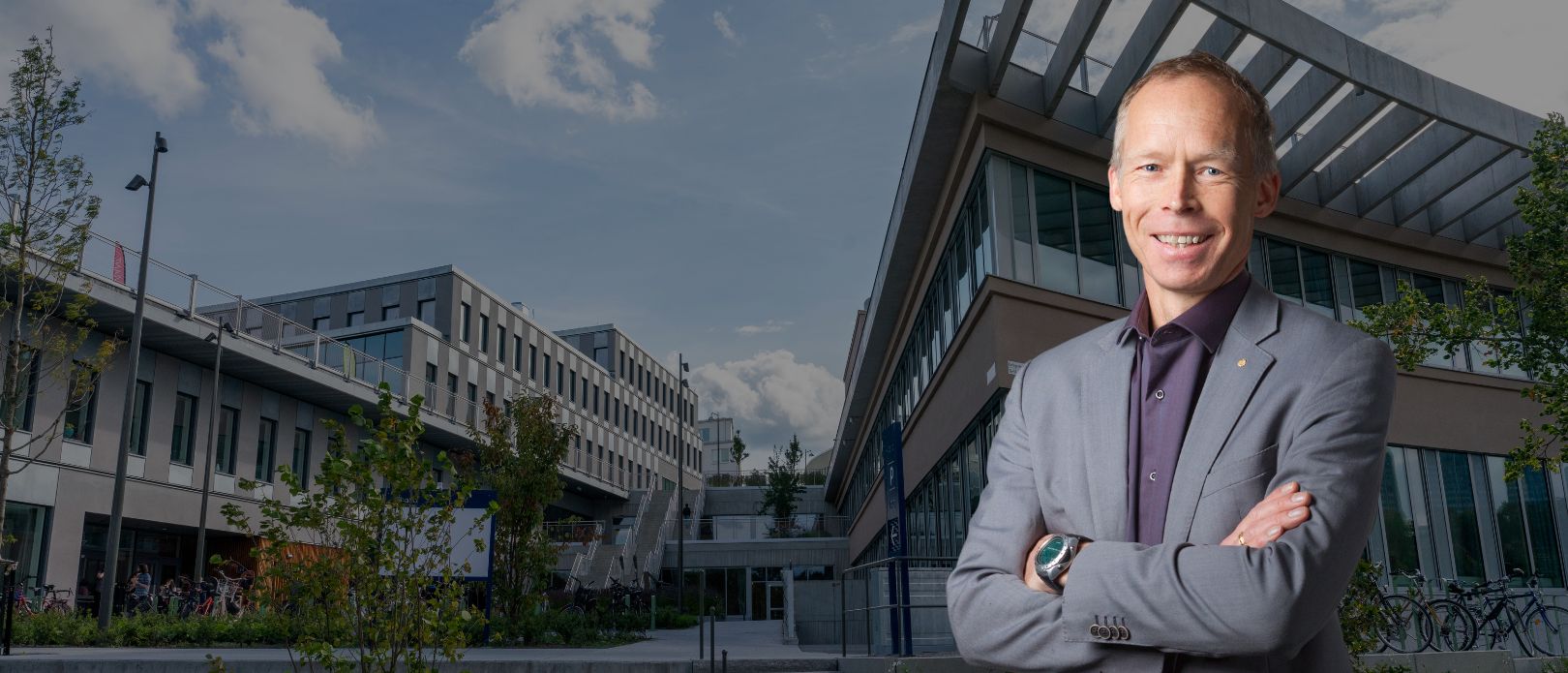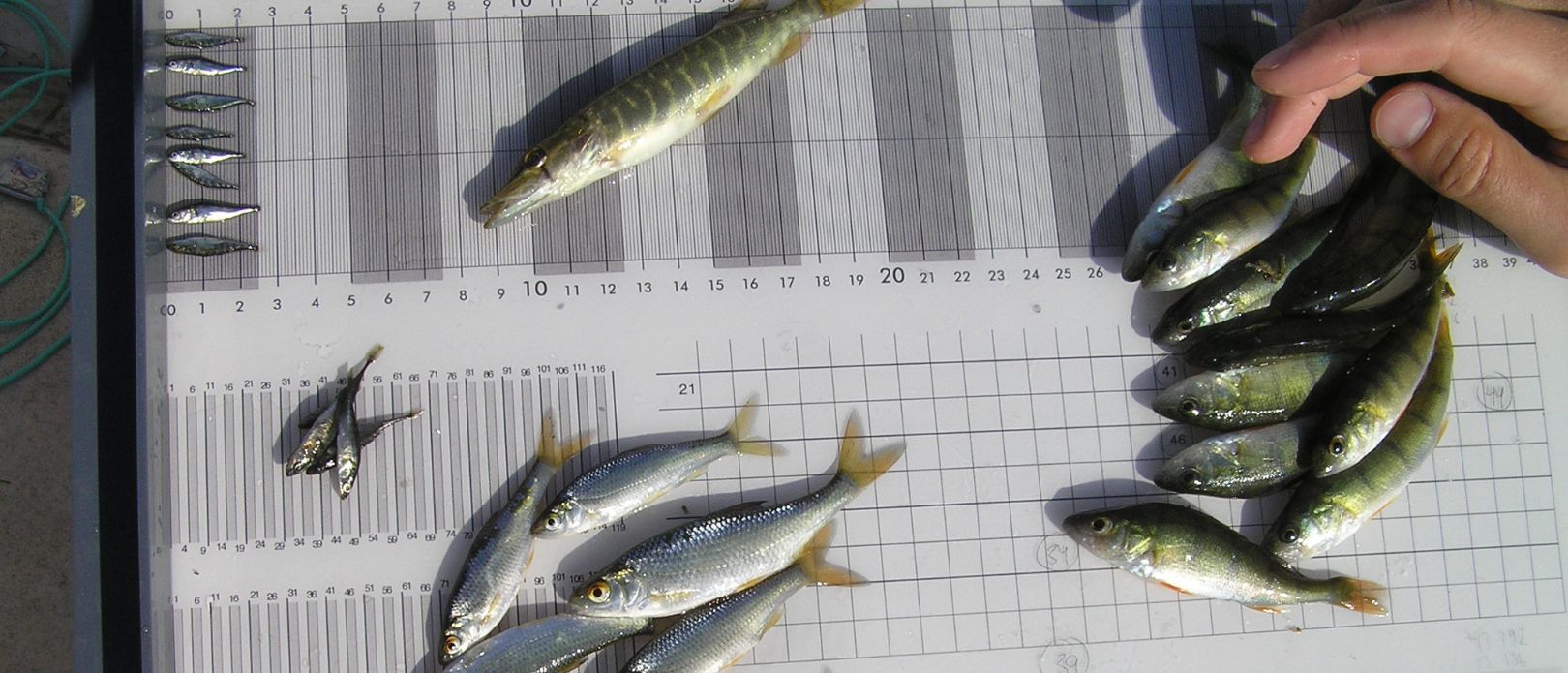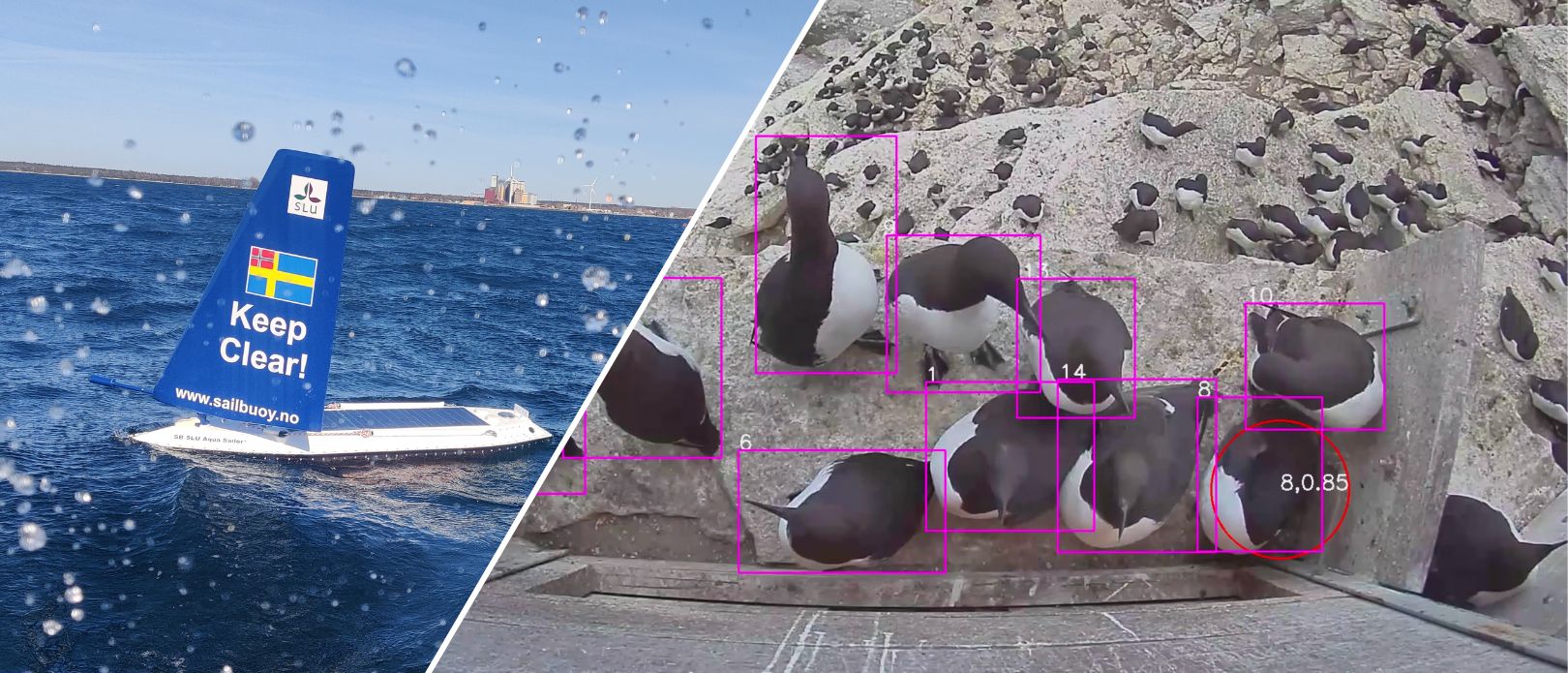This website stores cookies in your web browser.
You can choose which cookies you allow.
Visiting address: Albanovägen 28. Disability entrance: Albanovägen 18
Deliveries: Roslagsvägen 28
Postal address (courier packages):
Stockholms Universitet
Stockholm Resilience Center
[Recipient]
Frescativägen 8
114 18 Stockholm
Sweden
Postal address (letters):
Stockholms Universitet
Stockholm Resilience Center
[Recipient]
Frescativägen 8
SE-106 91 Stockholm
Sweden
Phone: +46 8 674 70 70
Organisation number: 202100-3062
VAT No: SE202100306201









